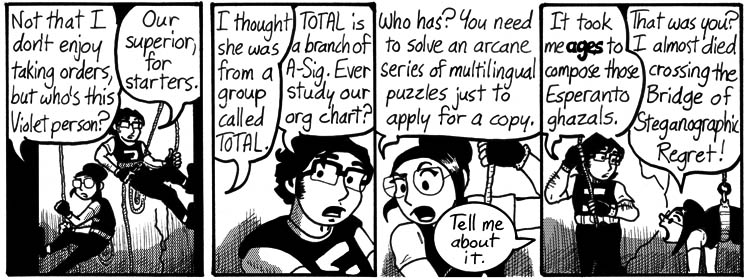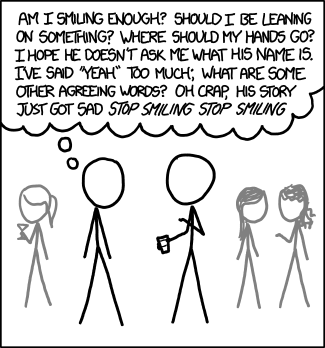Approximate quotations
I need to apologize for causing some confusion. My recent posts on journalistic quotation practices ("Jonah Lehrer, Bob Dylan, and journalistic unquotations", 8/3/2012; "More unquotations from the New Yorker", 8/4/2012) dealt with two issues at once: journalistic carelessness and journalistic deceit. And some readers seem to have concluded that I meant to treat all carelessness as a form of deceit.
Journalists are indeed routinely careless about quotations, and that tolerance for carelessness makes it harder to regulate deceit, since accusations of journalistic deceit often come in the form of accusations about fabricating quotations. But most cases of "approximate quotations" are innocent enough, except for their role in perpetuating this culture of carelessness.
I should add that quotations can also be misleading or false without being maliciously deceitful, when the writer misunderstands things or wants to simplify a complex issue. This is especially common in writing about science and engineering, where it's difficult to separate deceit from carelessness, confusion, or the simple desire to tell a good story.
Read the rest of this entry »



